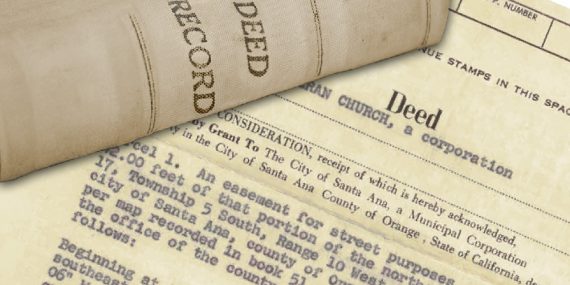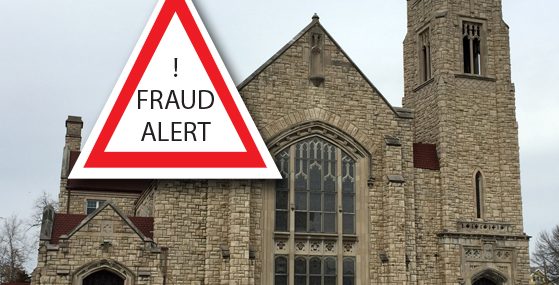Incorrect Deeds
As most people are familiar, a deed is used in the transferring of ownership in one piece of land to another. Fewer are aware of the effect the recording of a deed has on the property. Arguably, the transfer of title from one to another is not an exact science. The purpose here is to address deeds in which the owner of record is incorrect, usually in the manner in which the Grantee (owner) is named, i.e. such as the name of a corporation holding title/ownership. This article does not […]




